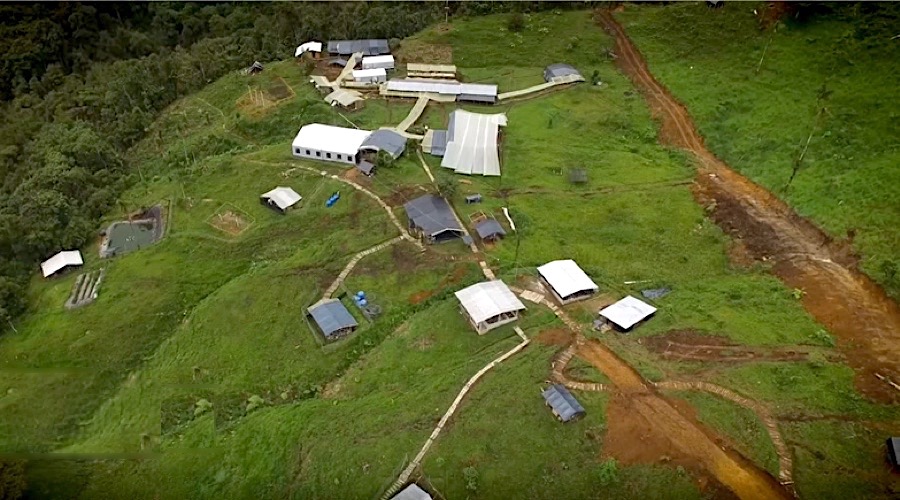SolGold’s Cascabel copper project license renewed for 25 years

Ecuador-focused SolGold (LON: SOLG) said on Monday it had been granted a 25-year license renewal for its flagship Cascabel copper-gold project in the Andean country.
The miner noted the renewal should give stakeholders confidence in the ability of current management to move forward with the project, which has the potential to become one of the 20 largest copper-gold mines in South America.
SolGold, which merged last year with Cornerstone Capital Resources to consolidate 100% ownership of Cascabel, has faced some push-back from investors wary of repeated delays on a definitive feasibility study for the asset.
The company said in May it was considering a phased approach to the development of Cascabel as a way to reduce upfront capital and construction time.
SolGold also decided at the time to defer Cascabel’s awaited definitive feasibility study as well as Porvenir’s preliminary economic assessment.
Porvenir is a copper-gold deposit located about 100 km north of the Ecuador-Peru border and 100 km south of the Fruta Del Norte deposit held by Lundin Gold (TSX: LUG).
The Cascabel project, located in the Imbabura province of northwest Ecuador, is one of the most ambitious mining projects in a country that is keen to develop mineral resources to spur a sluggish economy.
SolGold noted its president and chief executive, Scott Caldwell will provide on Thursday a live presentation and answer questions relating to the company’s recent activities.
According to the pre-feasibility study published in April last year, annual production will average 132,000 tonnes of copper, 358,000 ounces of gold and 1 million ounces of silver during Cascabel’s 55-year life-of-mine.
It’s estimated that the global copper industry needs to spend more than $100 billion to build mines able to close what could be an annual supply deficit of 4.7 million tonnes by 2030.
{{ commodity.name }}
{{ post.title }}
{{ post.date }}




Comments